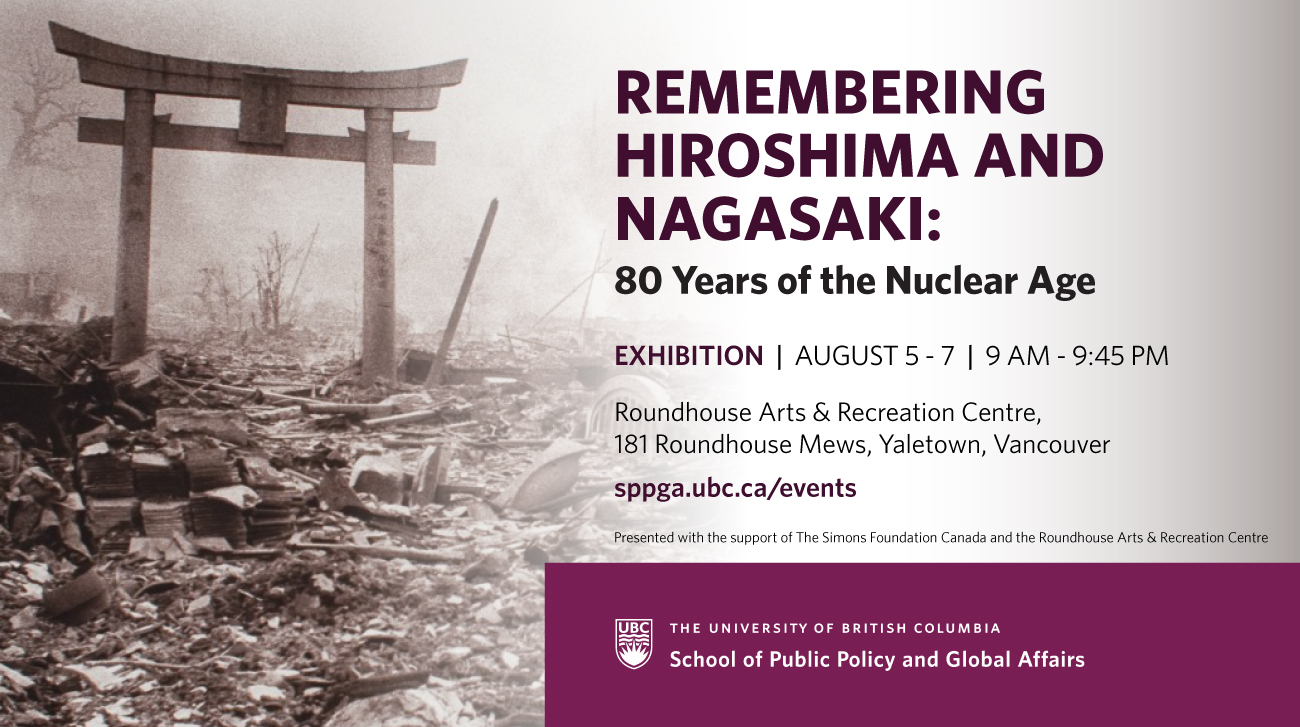Miyagi Satoshi has directed several productions of Euripides’ tragedy “Medea”, using a number of conventions found in traditional Japanese theatre, in particular the use of a narrator speaking for a moving actor. Miyagi thinks that Meiji period Japan in which his play is set and Athens of the 5th century BCE were similar in a number of ways –in their treatment of women, in their attitude toward neighboring societies that had originally provided them with cultural and political models. Miyagi’s production of the “Medea” illustrates inventively these similarities between ancient Greece and Meiji Japan and the ensuing antagonisms that developed in Japan toward the Koreans. Aristotle, the first critic of theatre in the West, did not like the “Medea, a play that has been popular for centuries all over the world. However, even though Miyagi removes the elements of the play Aristotle did not like, I doubt that he would have liked this Japanized version either, which is quite innovative.
Mae Smethurst (University of Pittsburgh)
Mae Smethurst is professor Emerita of classics and East Asian literature at the University of Pittsburgh. Her award-winning scholarship has compared Greek tragedy and Japanese noh, including The Artistry of Aeschylus and Zeami: A Comparative Study of Greek Tragedy and Noh (AAUP Arisawa Memorial Award) and Dramatic Representations of Filial Piety (Japan-United States Friendship Commission Prize). She coedited, with Christina Laffin, The Noh Ominameshi: A Flower Viewed from Many Directions and most recently published Dramatic Action in Greek Tragedy and Noh Reading with and beyond Aristotle.
See full poster here

